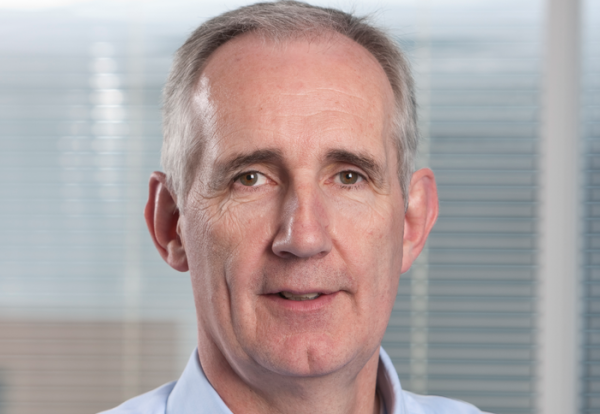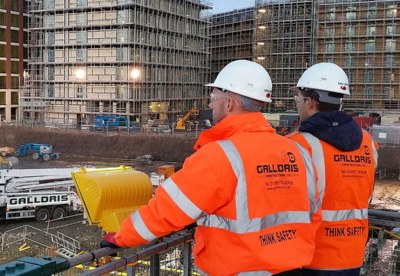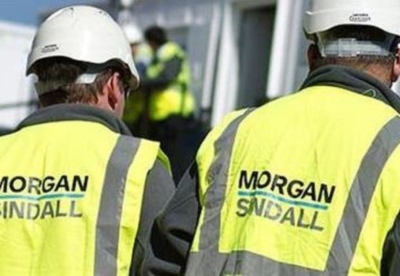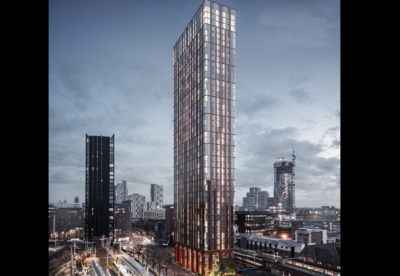The improvement helped to lift overall group pre-tax profit in the first half to £22m from a £15m loss in the same period last year.
Chief executive Leo Quinn said his Build to Last turn around plan, now into its second two-year phase, had put Balfour on track to deliver industry standard construction margins of 2-3% by the end of 2018.
As the firm stemmed cash outflows from legacy contracts, Balfour Beatty also generated cash from its operations for the first time since 2013.
Quinn revealed that after a string of earlier major project wins in London, the construction business would be more cautious about bidding in the face of a slowdown in work opportunities.
Underlying group revenue also improved by nearly 8% to £4.2bn, despite Balfour’s more selective approach to bidding.
Among the three main operating divisions, construction services swung from a £54m underlying loss in the first half of 2016 to a profit from operations of £24m in 2017 as UK construction reported an underlying profit of £2m in the period (2016: £69m loss).
Support services rebounded to more normal levels, compared to the prior year, with underlying profit from operations of £16m (2016: £11m).
Infrastructure investments declined from prior year as, in line with expectations, the Group made no material disposals in the first half of 2017.
Quinn said the business continued to manage legacy contracts with just seven of Balfour’s 89 problem jobs identified two years ago still ongoing.
Two of these remaining seven contracts are expected to reach practical completion in 2017, with the remainder finishing next year.
Quinn said: “These results demonstrate the transformation being driven by focusing Balfour Beatty relentlessly on its chosen markets and capabilities.
“Profitability is rising, backed by positive cash flow from operations, and the group had average net cash during the period; all achieved without any material investment disposals. The balance sheet remains strong, underpinned by the £1.2bn investments portfolio.
“All of this gives us confidence that the group remains on track to achieve industry-standard margins in the second half of 2018, and in line with this, we are declaring an interim dividend of 1.2 pence per share.”
He added: “Within the UK commercial building sector, Balfour Beatty continues to see growth opportunities across regional markets.
“The Group remains cautious on the outlook for London, where there has been a slowdown of projects coming to market. As London has been a highly-competitive market for some time, Balfour Beatty has chosen to become more selective in the opportunities it pursues in this area.”

























.gif)


























